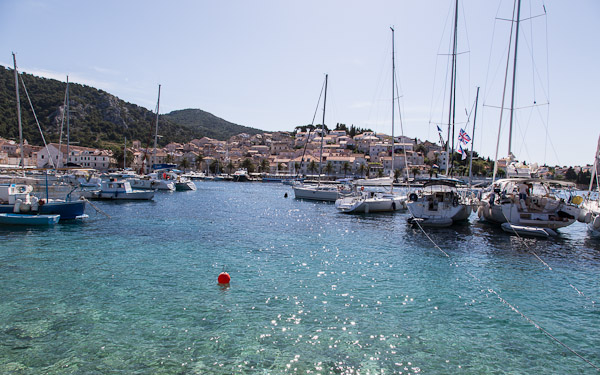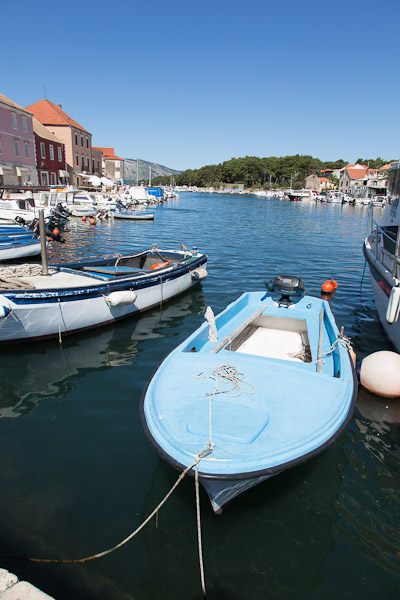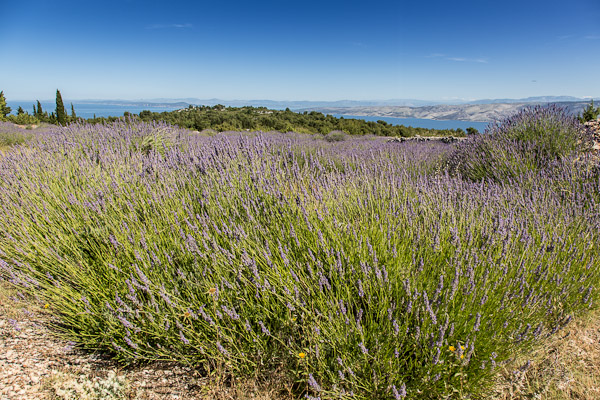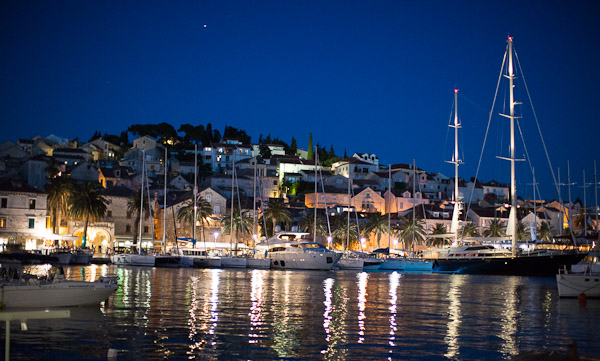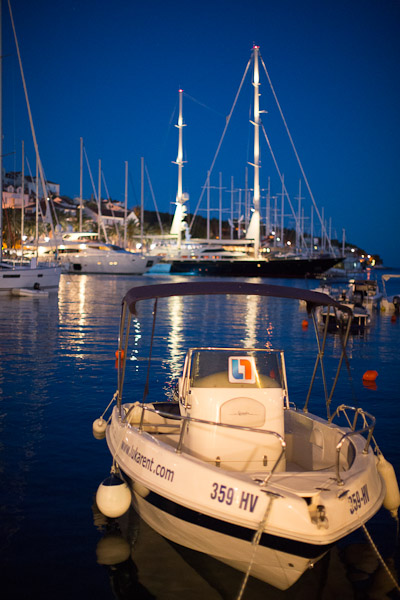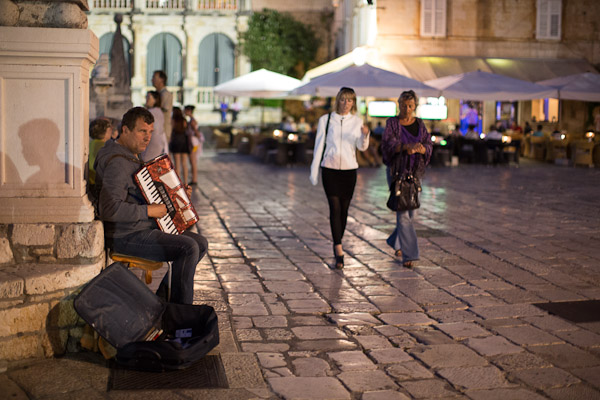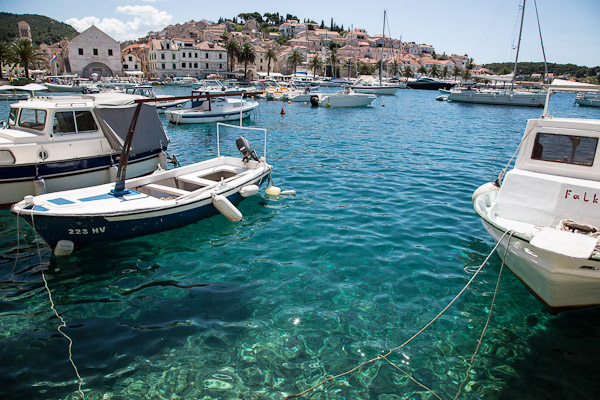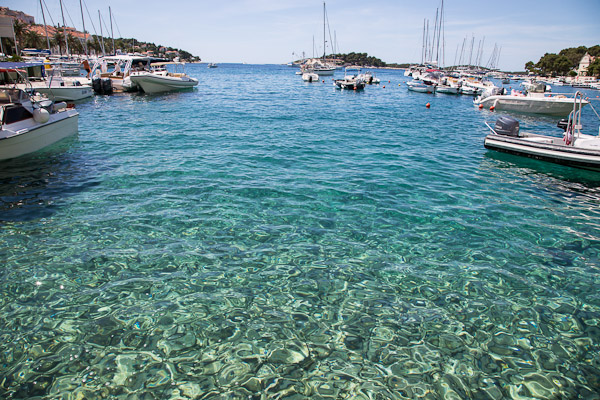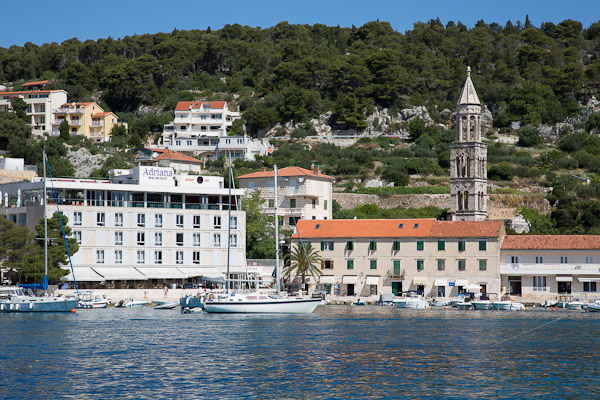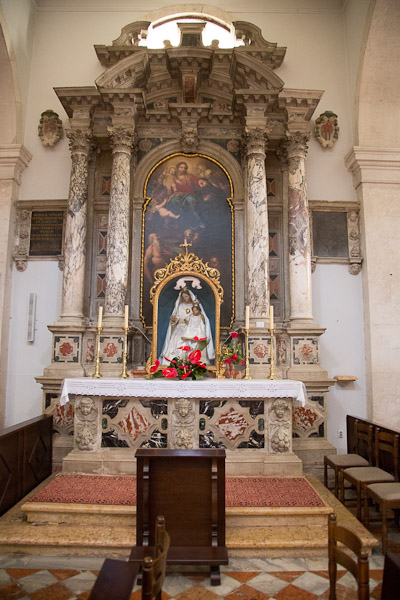More here.
View from our hotel:
Along the sea front in Tel Aviv:
Jaffa (Joppa):

These were the words our guide used to greet us as we entered Jerusalem.
Although my pockets were not picked, the greeting proved to be an apt metaphor. Were I not a Christian before I arrived in Jerusalem, much of what I saw would probably have put me off religion – any religion – for the foreseeable future.
It wasn’t just the heaving crowds (although more on that later) or the blistering heat or even the money changers, street merchants and beggars: it was the duplication.
There are two tombs of Christ along with their accompanying Golgothas and gardens of Gethsemane. The Catholic version was ornate and surrounded by the devout touching and kissing various parts of of the paraphernalia while kneeling or lying prostrate. The second version was situated at a cliff face that has the appearance of a skull – Golgotha. Our Jewish guide at this site was an evangelical Christian who made the most of his audience of tourists by preaching the Gospel to them – rather effectively. I asked him which site he thought was authentic; he replied that he thought his was but that it didn’t really matter since Christ was risen and was his Saviour: a good answer.
In order to get close enough to a popular artifact in order to touch, kiss or, in my case photograph it, one must engage in a good deal of Christian shoving and elbowing; “blessed are the meek” won’t disperse the seething mass of sweaty humanity between you and the sacred object. No amount of practice at Christian shrines, though, can prepare one for the trauma of attempting to travel against the flow of hundreds of Muslim men on a narrow street spewing forth from a mosque after midday prayers.
The street belonged to the released prayers who, in their haste to depart the mosque, knocked all aside. I was fortunate enough to come face to face with the imam; he showed no less enthusiasm for removing himself from the mosque as quickly as he could. “You should not be here” he shouted in my face; “perhaps you should go back and pray some more”, I replied. Regrettably he was swept away in the chaos, so our dialogue was prematurely cut short.
Last week we spent a night at a Kibbutz, the Kibbutz Lavi to be precise. Before arriving I laboured under the misapprehension that accommodation at a Kibbutz would fall, on a scale of luxury that stretches between a Bedouin tent and a youth hostel, somewhere close to the former. Not at all! The place was more like a Holiday Inn.
It was staffed by Kibbutz members one of whom gave a talk on Kibbutz life in the evening. Although many Kibbutzim have strayed from the founders’ ideals, the one I was at hadn’t, I was assured. The young man delivering the talk was a zealot; he waxed lyrical about the life and only became a trifle testy after some probing questions. Members’ incomes are placed into a pool from which the expenses of the Kibbutz are paid; each member is given pocket money to meet his “needs”. Needs are not self defined as far as I could tell. Many Kibbutzim are run on non-religious lines, but not Lavi; it adheres to Judaism – it practices a type of Kosher Communism.
Members who shirk work are subjected to “peer pressure” and, although any member can leave, generally they are not thrown out for misbehaving.
I can’t say it doesn’t work, since our stay was as enjoyable as it would have been at any good hotel. Concessions have been made to Capitalism, though: for example, our speaker was the lawyer for the Kibbutz, a sure sign of collaboration.
And the Kibbutz could not operate as it does without the underpinnings of a Capitalist system to provide people to sell to. Not unlike a pacifist living peacefully in a society rendered safe because it employes soldiers.
Normal service will resume after a brief period of peripatetic refreshment.

We spent a weekend away in Kingsville:
Amherstburg, a little further west on the Detroit River boasts an inclusive playground:
I have no idea what makes this particular playground more inclusive than any other playground; perhaps adults are allowed to use it. Or, more likely, the inclusivity virus has now infected everything, even playgrounds.
Amherstburg has not quite reached the pinnacle of euphoric inclusion that would induce it not to continue pointing its cannons across the Detroit river at the U.S. in commemoration of the war of 1812 – a war which even US historians now reluctantly concede, Canada won.
The trip even included snow:
Hvar Island:
